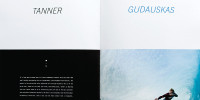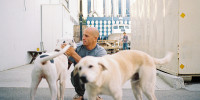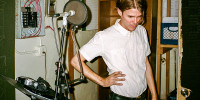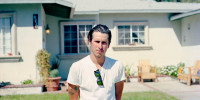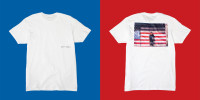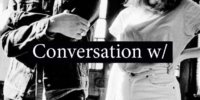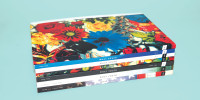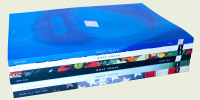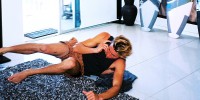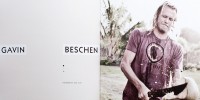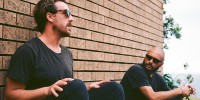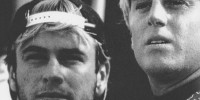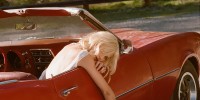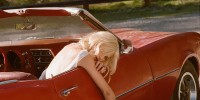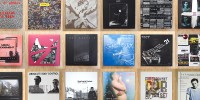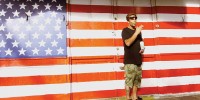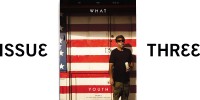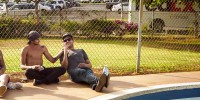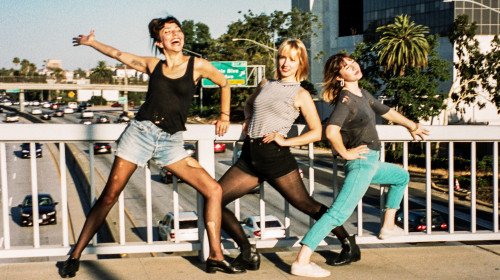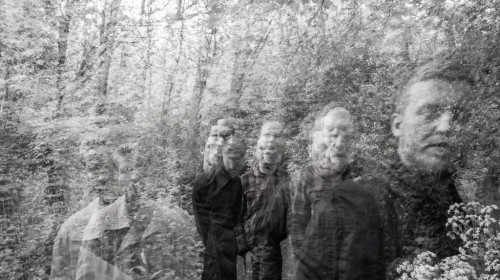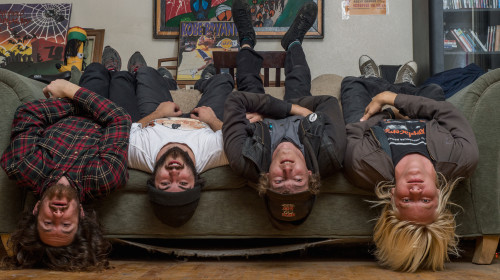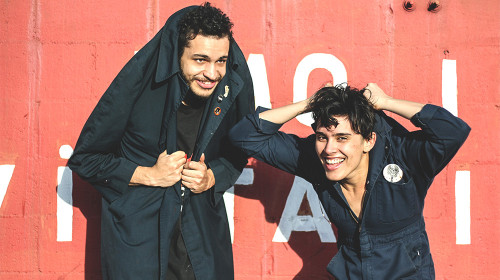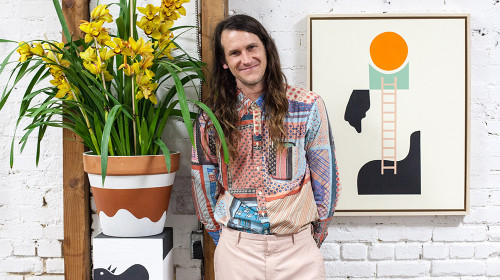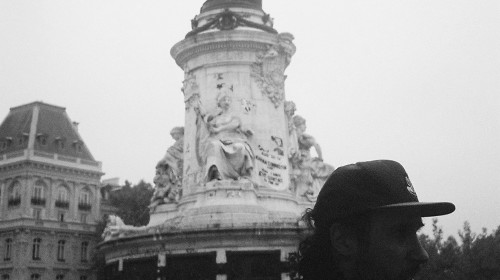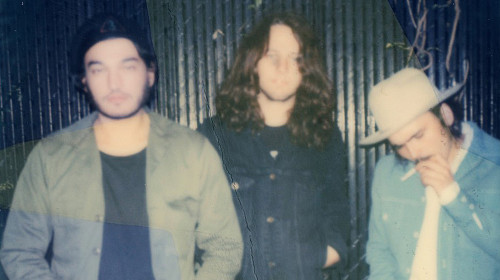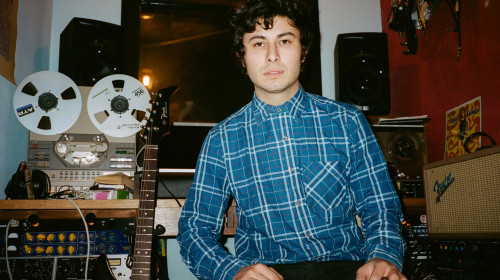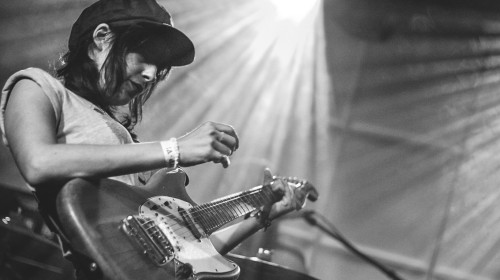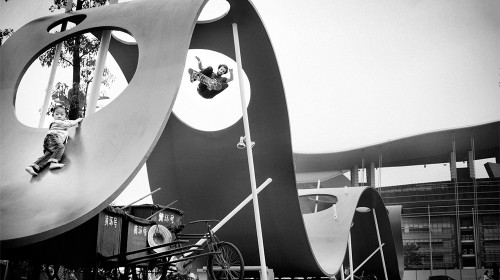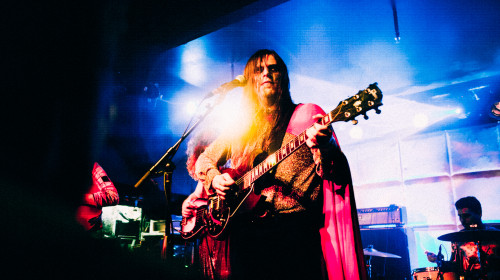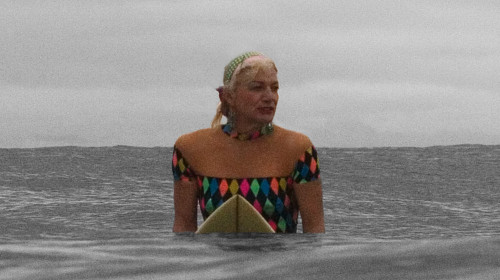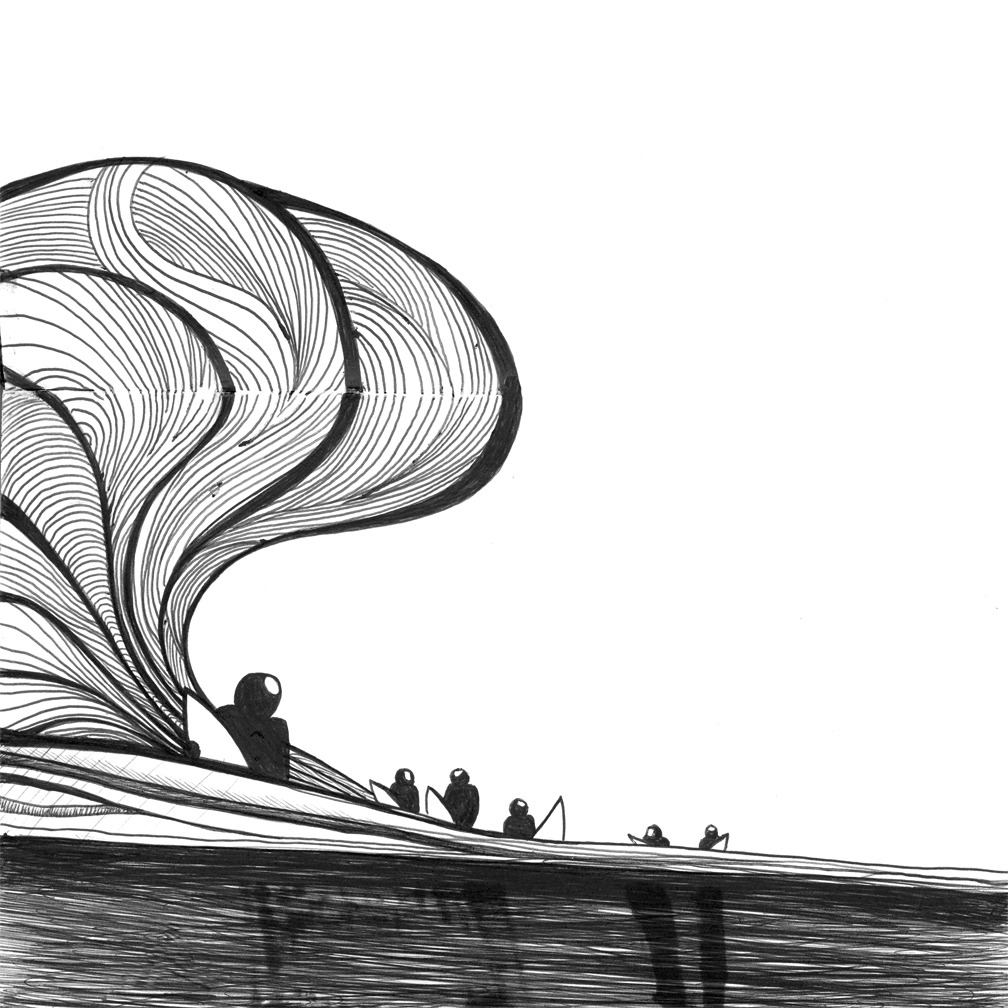We’ve always been fans of Gavin Beschen. His demeanor, personality, and career path: all really inspiring — and he did it with a super sick, one-of-a-kind style. There was a quote from Dane Reynolds in the first prequel for Dear Suburbia where he is watching Kolohe surf a little left pit into a jetty and Dane blurts out, “Whoah…that was like Gavin Beschen.” And for those who are familiar with Gavin, Dane nailed it. And Kolohe was psyched.
Gavin now lives in Hawaii, surfing and raising his beautiful family. After the jump you’ll find an excerpt from a nice long catch up we had with one of our favorite surfers of all time, plucked from What Youth Issue 3, which is where you’ll find the entire interview.
Do you remember when you first visited Hawaii?
When I first visited Hawaii…my uncle is an engineer, and he used to build the electrical turbines for — you know on your way going to the West Side? So I’ve been coming out and visiting my cousin since before I lost my two front teeth, you know.
But the first time I came to the North shore I was 15, and that was really quite a treat. I came with my brother, and I got to surf all the waves, big Sunset and big Pipeline. And then when I went home after — ‘cause I turned 16 here and then I went home in January — I broke my leg. I didn’t surf when I was 16 because I had a cast up to my balls and I was on my back for like four and a half months.
But then after I got back from that I got on Volcom, ‘94 I think. I’d just turned 18. I was spending time over here, on the North Shore, staying at Log Cabins. That’s pretty much when I was convinced that I just I couldn’t really go anywhere else. After spending the year not surfing I just realized I needed to surf, whatever way I could, because my appreciation level just…being in the water was such a treat, you know?
What did you do that year when you were laid up?
I just did art and played my guitar, and that was pretty much my sanctuary. To just sit and draw and read books and try to just get a deeper understanding of everything.
Was it very hard, mentally?
It was, it was hard in the sense that it was just a whole reevaluating that you go through. You can’t let what other people say — as far as doctors and stuff — get you down. It’s pretty much, “I’m going to do something about this. I could just sit here and not do it,” but it was clear to me I had to train and get back in the water and keep doing my best to live my dreams.
What was the state of your surfing at that point? Competing already, and sponsored?
Oh jeez, yeah, when I was 15 I was sponsored by Rusty, Gotcha, Rip Curl, Oakley. Every company was just one thing, you know? I was a little kid and when I was 15 I got to spend a month on a boat in Tahiti surfing all the special waves. I was really gung-ho as a kid about getting to be the best surfer I could be.
So when [the injury] happened to me it was just a real critical crossroads, I guess you could say, for what path I wanted to follow. I grew my hair out long, was pure white, went back to school. No one knew who I was. I was in P.E. with people in a wheelchair, you know, just was on the baby steps recovery plan. So it made me really appreciate everything a lot more.
Was that the beginning of your long hair? Has it ever not been long since then?
Yeah, yeah…pretty much no. When I was like — I think ’94 I cut my hair one time, when I was like 18, and then after that I pretty much grew my hair and was my own person. I was really lucky I ran into the Volcom family, and pretty much 19 years later I’m still very, very lucky to be a part of the family and have Volcom supporting me.
What were your first impressions of the North Shore? Was it intimidating, uncomfortable?
Yeah, when I was 15 it was extremely intimidating as far as the types of crowds. And even when I was 18 — that was in like ’94 — it was still just so hardcore. You know, me being a blond-haired haole kid too, I was very much on the outskirts. I was just sitting in the channel, waiting for the crowds to thin, or sometimes a fight would break out in the water and you’d have a chance to catch a wave or something.
But yeah, just taking things nice and slow and being patient, not pushing the issue. That was a major part of it. There was a lot of good empty waves — like, Michael Ho used to always take care of me, and I would surf behind his house at Backyards.
When I was a kid I would have to walk through Eddie’s house — or his entrance, property line — and he would see me and be like, “What are you doing?!” You know? And I was like, “Oh, well, I’m staying with Uncle Mike.” And that’s where I would surf, because there would be nobody there. I’d surf the rights and lefts and just have some peace of mind.
Do you think it was more dangerous then, for outsiders?
I highly believe it was way more dangerous and intimidating. Now it’s such a smaller world and so connected, everyone around the whole world is friends. It’s not such an isolated place. It’s more accessible.
Why was Michael taking care of you?
He was good friends with Dino Andino, and Dino was good friends with my brother [Shane Beschen], so it kind of got passed around. Through Dino and my brother’s friendship, Dino was really close with Michael and Derek. I was lucky being from San Clemente and having Shane as my brother, having them look after me as well.
So you had a different experience, a different introduction to Hawaii, than the average kid from California or Australia.
Yeah, I was just really fortunate in that aspect. What I was shown, it was really cultural. They helped teach me about being humble and patient and, you know, doing my own thing and not worrying about what other people were doing. And not to give up, too. They were always really encouraging.
They still are to this day. They’re pretty much my inspiration, Derek and Michael. I just was watching Michael surf on a 9’7” out at Third Reef Pipeline the other day, going right and left on these huge waves. And Derek was riding a 7’0”, and…they’re extreme, you know? I was just like, “Man, I hope I’m doing that. Doing it for life.”
When did you finally move there?
Probably 19 or 20 I would say, pretty much consolidated over here. In ’99 is when my brother and I purchased our land at Rocky Point and we’ve been here ever since.
Was it a career move, or did you just love Hawaii?
Yeah, it was definitely just ‘cause I couldn’t stand California, and…granted, I grew up in San Clemente, and I was very blessed to be brought up in such a cultural surf community environment.
But I realized just the warm air and the beautiful heavenly atmosphere over here, I felt like if I ever had a family — and I have a little 6-year-old daughter — it’s where I want them to be brought up. It’s really family-oriented, beautiful culture, learn about the ocean, the waves, the land. That’s what I feel is important. That’s what I want to pass on.
What about California did you want to get away from?
Just the monotony of the waves and the coldness…there’s a lot of things. I felt like for me as a surfer, I wanted to keep pushing my surfing, and California is very limited in that aspect. Granted there are many beautiful and world-class waves there; I just wanted to keep growing and getting better.
I felt like for me and what I wanted to achieve…I never was good at contests. I attempted the WQS for, jeez, a good eight to ten years, and after losing first heat by point-five time and time again, it really just makes you realize that’s not really what’s important.
So I was lucky I got to find another way and have Volcom support me. They helped make movies and just let me be myself. That’s what it all came down to. I just wanted to be who I am, not try to change to fit into contests or something else, you know?
Tell me about your relationship with Volcom.
I started riding for Volcom in ’94, signed my first contract with them for…what was it? I think $300 a month. Richard wrote out just a one-page contract. I still got it, I just gave it to him recently. Yeah, it was a hand-written, two-year deal, $300 the first year, $500 the next year.
From then on I’ve just been through so much. They pretty much know me better than I know myself by now. I’ve put so much trust in what they do. I’ve really left it up to them. I’ve been blessed, they’ve let me be my own person, guiding me.
What was it like at the beginning?
There was a skateboard ramp and boxes to the ceiling, barely room for desks. Yeah, even the first times we went to Australia, me and Tai, it was out of someone’s house. There was no place to even sleep on the floor. We had to go make one tent in the yard and sleep on the picnic bench, ‘cause the whole house was filled with boxes.
Now you go there and it’s just mega. To bring something from nothing, and then keep steamrolling, keep it going, I really respect it. I’m not one with business, that’s for sure, so to see where they’ve brought it and how they’re keeping so in time with the changes…I’m really stoked to be part of it.
You’re one of those long-term partnerships where it’s hard to imagine them without you or you without them, like Occy and Billabong or something.
I hope I’m lucky enough to be like those guys, Tom Carroll, Ross Clarke-Jones, they’re just such ambassadors for Quiksilver…I hope I could reach that one day.
What did you think about their losing Bruce?
Yeah, that was very tough for me. I’ve been so close with Bruce for so long. It was a real bummer. But I know Bruce is strong, it’s just a heavy time of his life and for that to happen…real difficult.
But I talked to him the other night, he seems like he was doing well, and I know anyone in their right mind…I heard Fox got him now, and if anything’s gonna make your team stronger, it’s gonna be him. Always been my inspiration in every way possible. We’ve been close since day one. Even just the other night I was so lucky to run into him. It was like time stood still, timeless, you know, reminiscing about positive times. I look up to him. He’s definitely a best friend. I look up to him.
I can tell you’re really consciously grateful for what you have, and what you do. Is that something you cultivate on purpose or just part of your personality?
I think I was taught that at a young age through my folks, but also I do my best to cultivate it. But I was lucky, my dad, he was a — he built houses, so when we were growing up we were pulling nails, digging ditches, pouring cement.
So he really gave us a choice, like, “OK, you could work for me, or you could really focus and dedicate yourself to the surfing, and we’ll help support you, but otherwise you’re gonna be working for me 50 hours a week, and…it’s not gonna be as fun.” So he really helped cultivate that conscious aspect of being grateful and…’cause I know my dad. He loves surfing more than anything, but he’s always worked so hard.
You said your focus is on living simply. What do you mean by that?
For me it means taking care of business first. Making the bills. Just living peacefully, not getting too caught up in nothing. Trying to grow food on our land, sticking to easy ways, going to the beach, playing music, hiking in the mountains. Keeping the family close. Just loving life, you know?
Is there a philosophy you subscribe to, or a religion?
I guess just the golden rules. Treating others the way you want to be treated, keeping positive. My wife’s really into yoga, so that’s a really important aspect. Being flexible. Taking care of your health — granted, everyone has moments you learn from, but ideally you want to live simply, healthily, try to improve on your day-to-day.
You practice yoga as well?
Yeah, definitely, that’s been an important aspect. It’s just a great discipline to have. Some people will choose to do martial arts or other things but for me it’s the best thing that will keep me in the water, keep the body flexible and the mind open, try not to hurt nothing or nobody.
What about meditation?
Yeah, we always do our best to keep meditating. Even if it’s just in the water and walking around, keeping that light of positivity in your heart. If anything you just think of that and passing it along. It’s a great form of prayer.
Characteristically, Gavin asked to mention his other sponsors and show gratitude for their support: T. Patterson Surfboards, Sector 9, Astrodeck, Surf More XM, Eco Sunscreen, GoPro, Futures Fins, Malu Eyewear, KonaRed and Etnies. “Mahalo e aloha.” —g

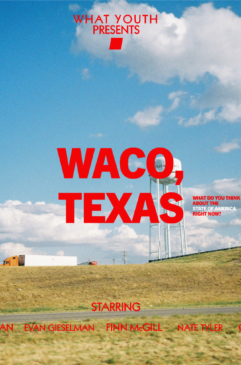
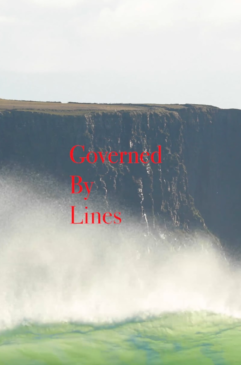
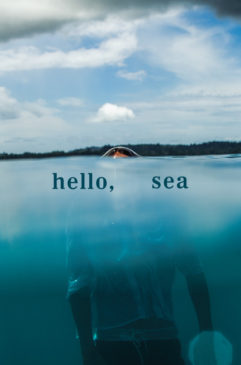
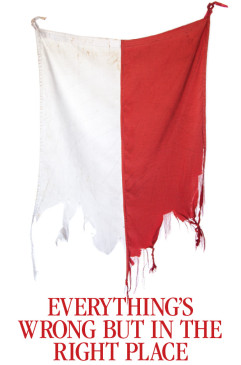
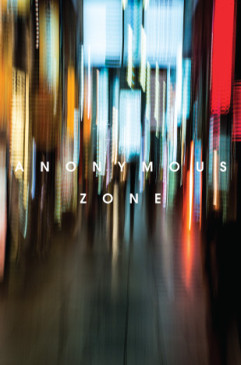
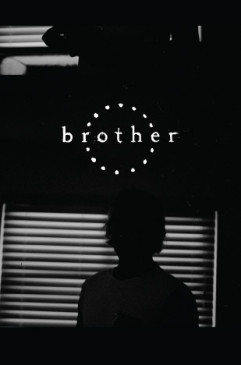
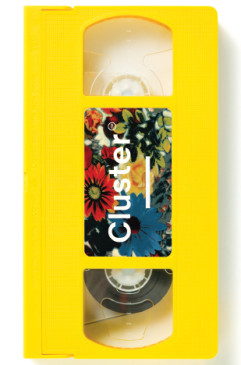
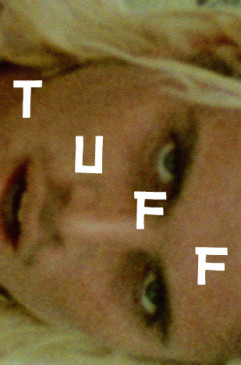
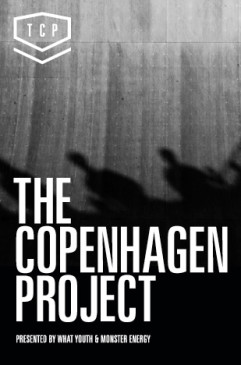
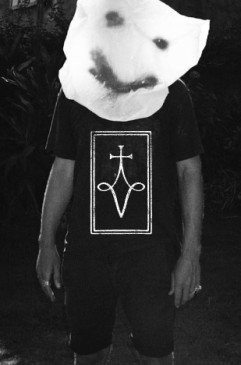
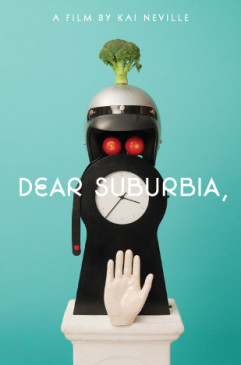
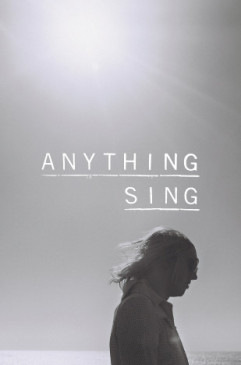


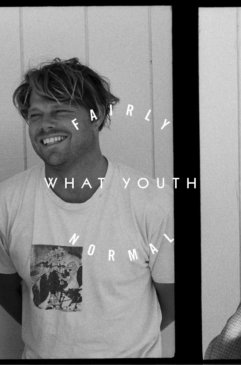
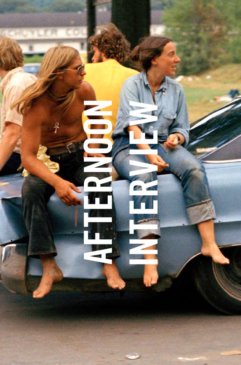
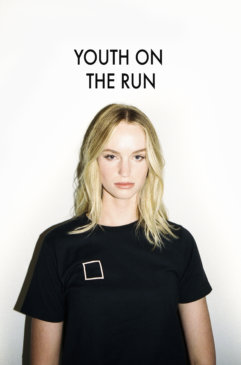
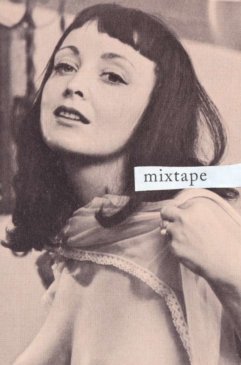
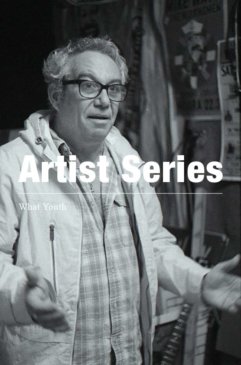
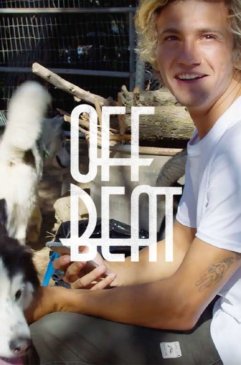
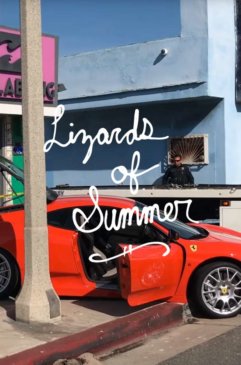
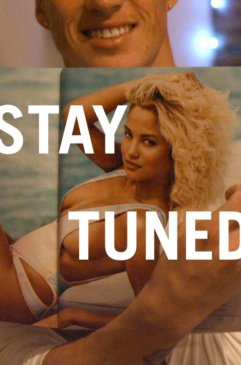
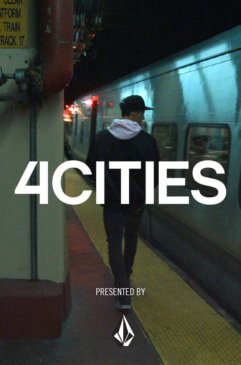
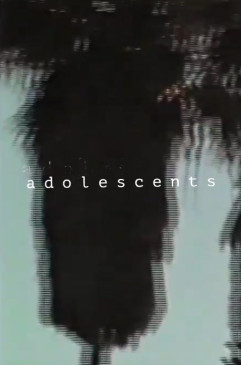
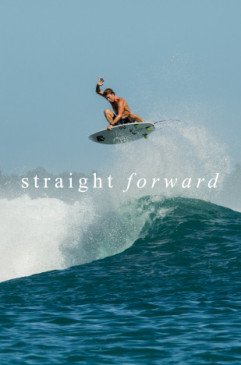
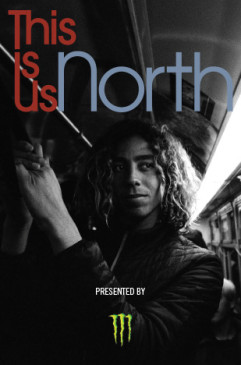
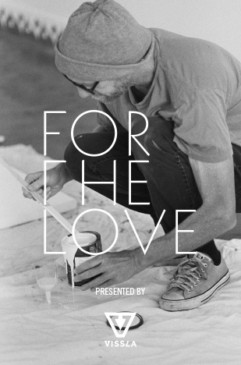
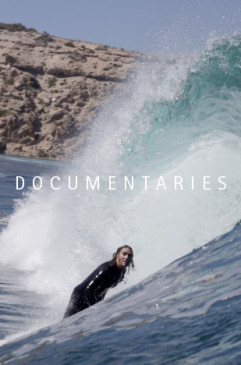
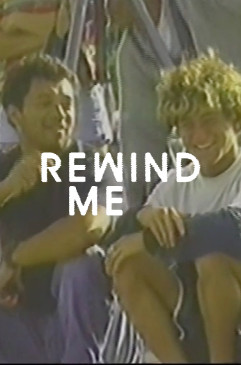
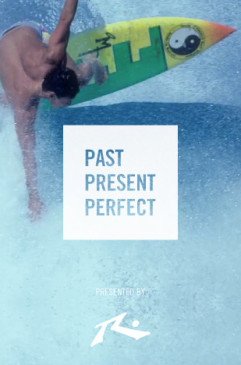
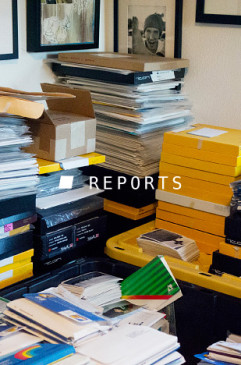
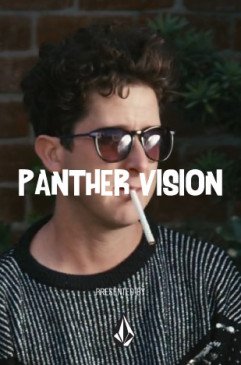
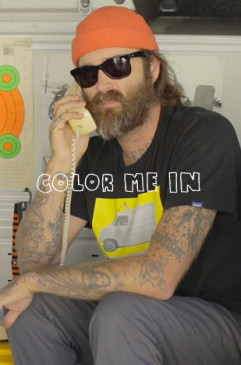
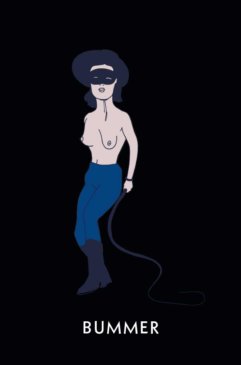
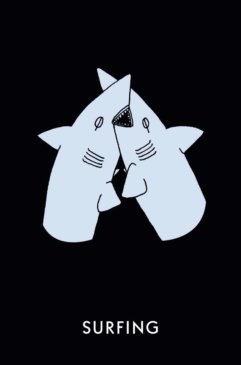
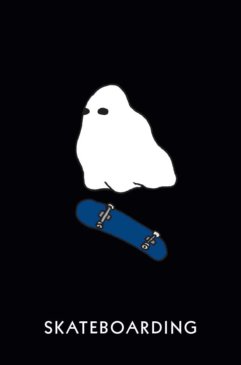
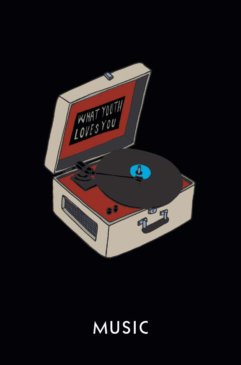
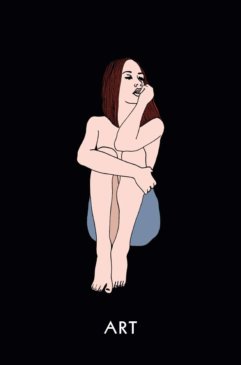
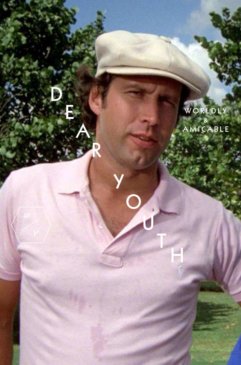
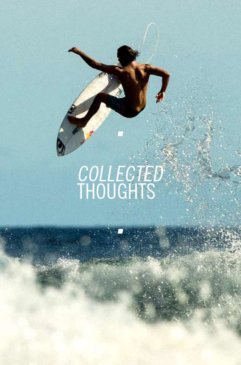


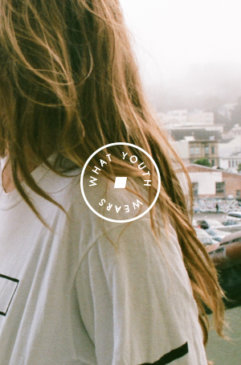

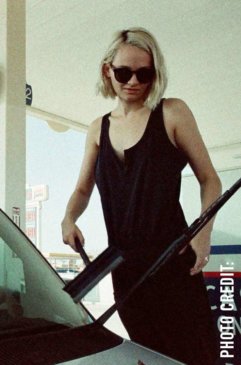


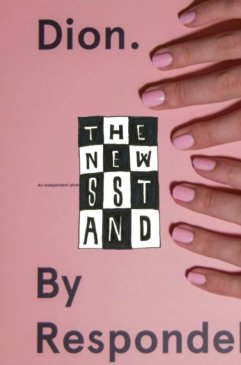
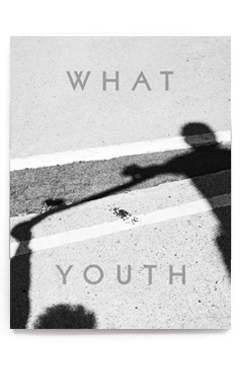
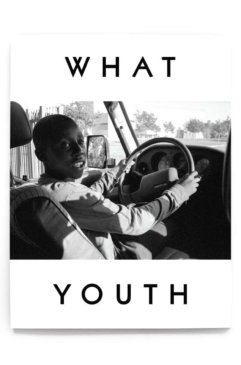
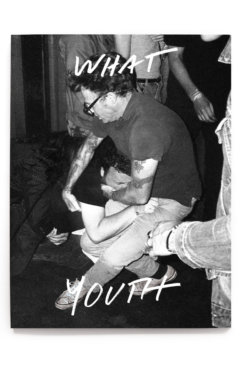
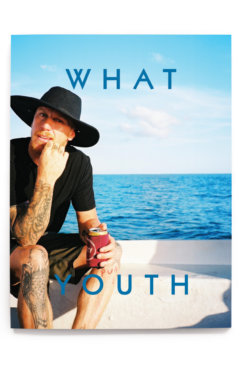
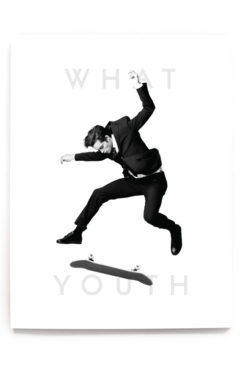
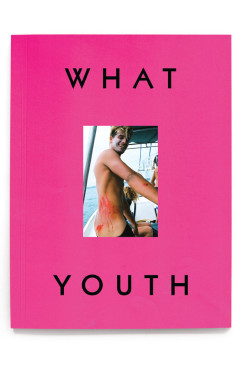
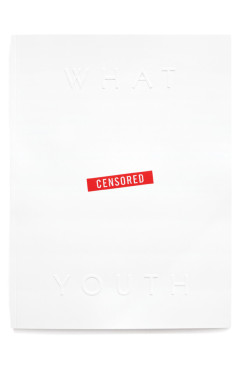
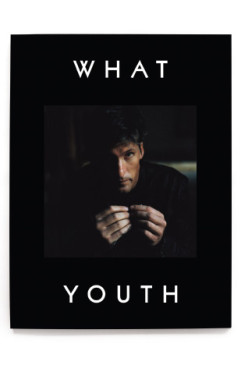
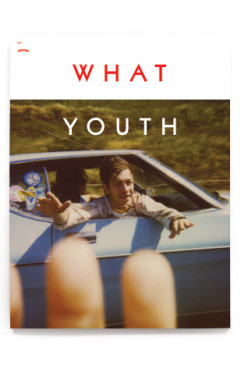
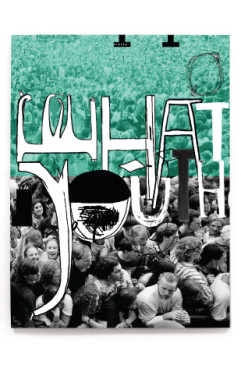
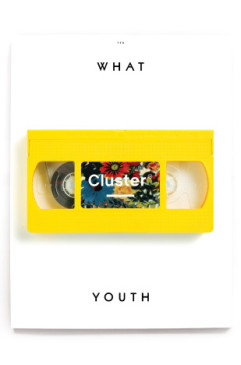
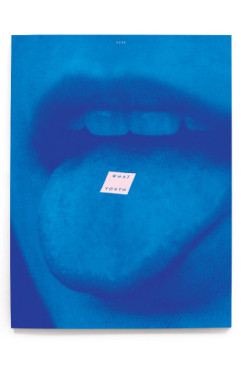
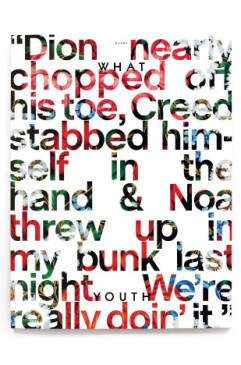
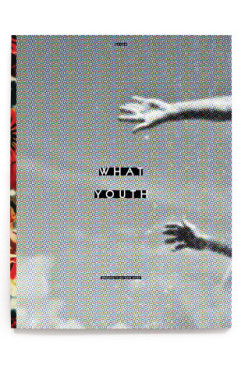
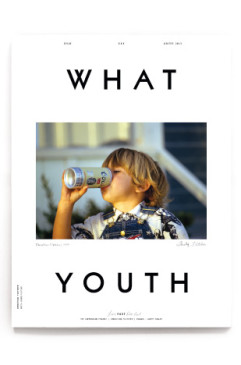
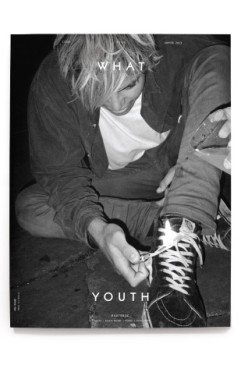
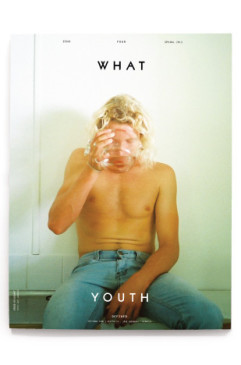
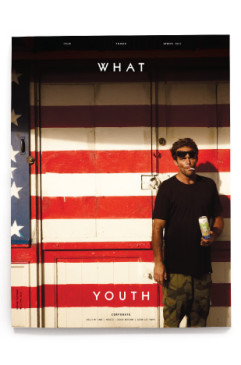
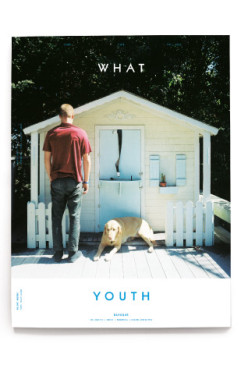
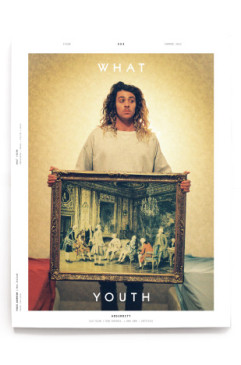
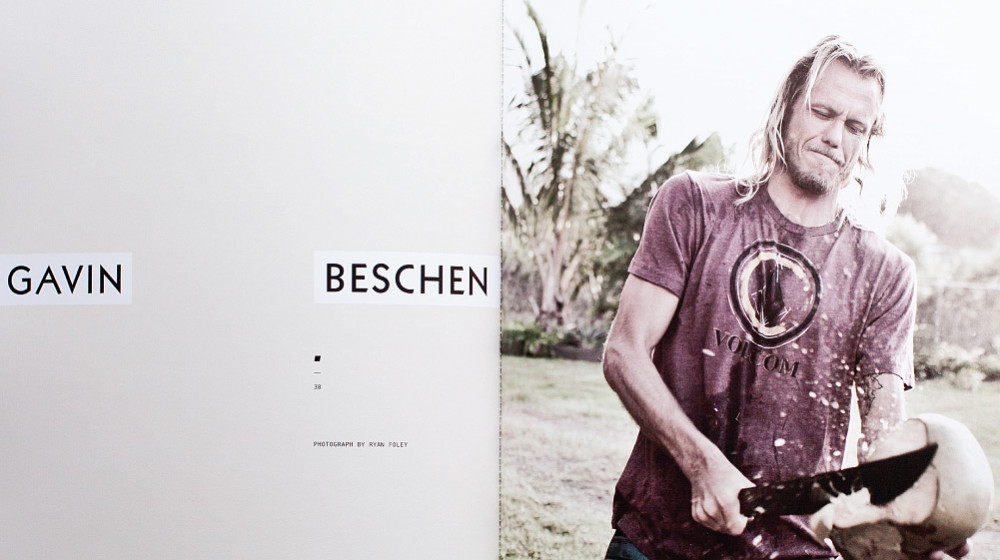
 NXT
NXT 
